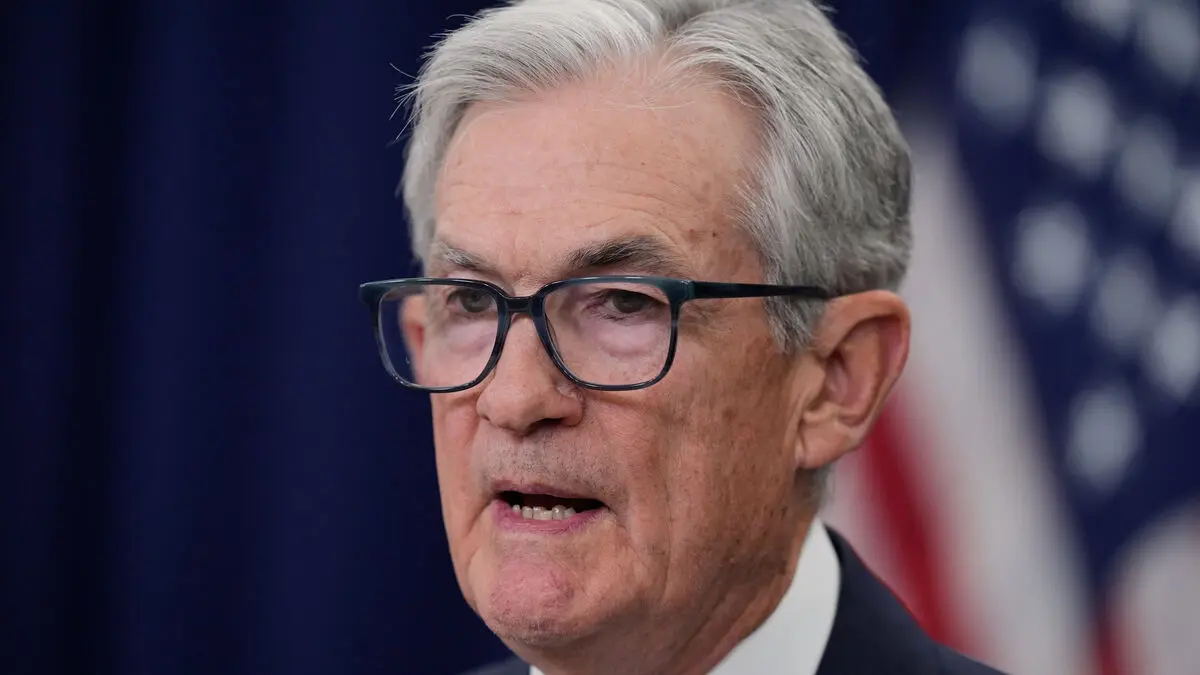At the end of October, the Fed lowered the interest rate by 0.25 percentage points to a range of 3.75–4.00 percent.
But the twelve voting members of the Federal Open Market Committee (FOMC) now have an unusually difficult interest rate decision ahead of them, which will also affect developments in markets in the US and the rest of the world.
The decision had to be made on insufficient evidence, as both labor market and inflation statistics are largely missing due to the long shutdown of the government earlier this fall.
A number of FOMC decision-makers have recently spoken out against another cut, while others seemed to see room for further steps.
The Bloomberg news agency writes, based on statements, that the two factions appear to be evenly matched.
Public dissent within the FOMC has been a rarity under Fed Chair Jerome Powell's leadership since February 2018.
But even though the opinions have been aired unusually openly, the often difficult-to-read Powell has remained silent.
Claudia Sahm, chief economist at investment firm New Century Advisors and former Fed economist, believes Powell is deliberately keeping quiet and allowing every individual FOMC member to be listened to.
He gives them space to have this disagreement, and that's actually good because this is tough and you should have these debates, she tells Bloomberg.






